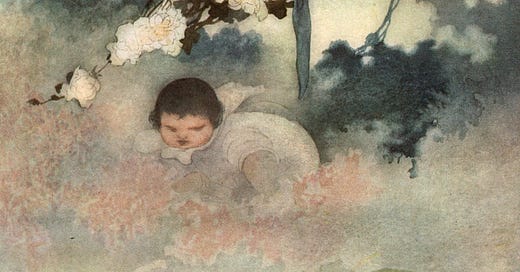The Surrounding Bricks are not a Castle
Tearing down false selves in pursuit of authenticity and joy
This essay is from the archives, and was originally published in May 2023. Want to access all of my archives? Become a paying supporter of this newsletter and you can read over three years worth of writing (and also see all of the different iterations of this newsletter, which is fun on its own). A year’s subscription is only $38.
I grew up in a house full of self-help books.
No, that’s a lie. I did not grow up in a house. We lugged the books from apartment to apartment, packing and unpacking boxes of flat paperbacks with pastel-colored covers and titles about the healing power of crystals, finding the light, and finding your purpose, along with mass market copies of Dianetics, Self Analysis, and The Way to Happiness.
You Can Heal Your Life and Your Erroneous Zones were standards on my mother’s nightstand, along with the true crime books she loved.
Keep reading with a 7-day free trial
Subscribe to Gathering to keep reading this post and get 7 days of free access to the full post archives.





